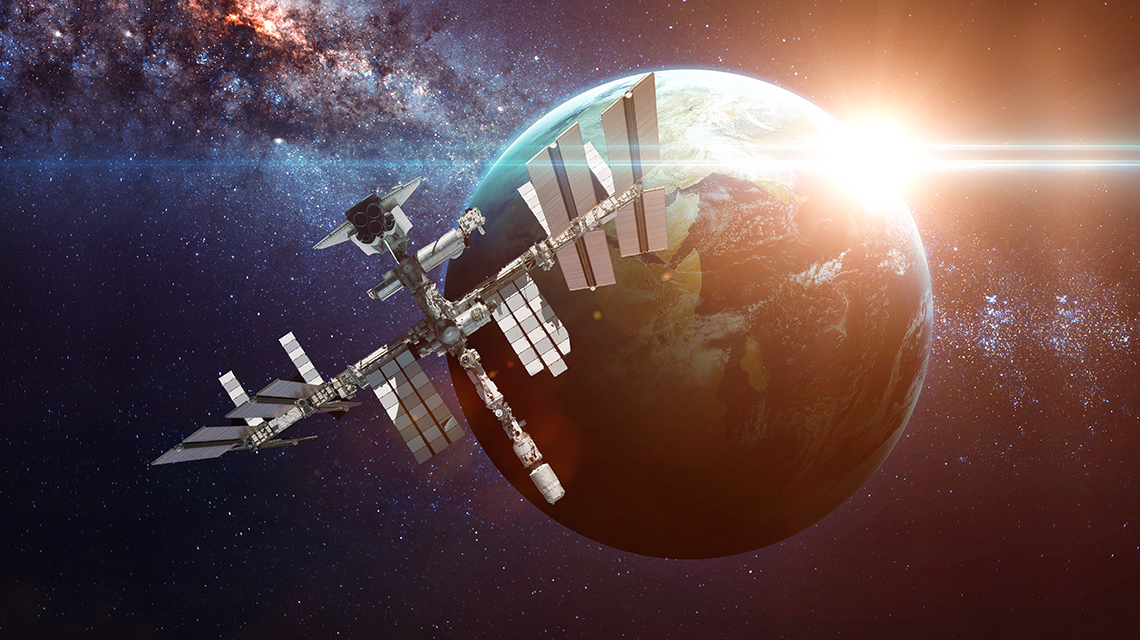Space exploration has always been a frontier of human imagination, and it has come a long way since the first satellite was launched into orbit in 1957. Today, space exploration is a growing field with numerous countries and private companies investing heavily in new technologies to unlock the secrets of our solar system and beyond. The role of technology in this effort is crucial, and it is likely that advancements in technology will play a major role in shaping the future of space exploration.
One of the key ways that technology is shaping the future of space exploration is through the development of new launch systems and spacecraft. In recent years, private companies such as SpaceX and Blue Origin have developed reusable rockets, which significantly reduce the cost of accessing space. Additionally, new spacecraft designs are being developed that are lighter, more fuel-efficient, and more capable than ever before, allowing us to explore deeper into our solar system and beyond.
Another important aspect of the role of technology in space exploration is in the development of advanced sensors, instruments, and rovers. These tools allow us to gather more data about other planets and moons in our solar system, and to make new discoveries about the nature of our universe. For example, recent advancements in imaging technology have enabled us to see details on the surface of other planets that were previously invisible to us.
In addition to enabling new missions and discoveries, technology is also playing a critical role in advancing our understanding of the universe. For example, advances in computer modeling and simulation are allowing us to create more accurate models of the universe and to understand the behavior of matter and energy on a cosmic scale.
Despite the many advances that have been made in technology, there are still many challenges to overcome in order to fully realize the potential of space exploration. For example, long-duration space missions are still limited by the technology available for life support, and there are ongoing challenges related to radiation exposure and the health effects of microgravity.
In conclusion, technology is playing a critical role in shaping the future of space exploration, enabling new missions and discoveries, advancing our understanding of the universe, and overcoming the many challenges that lie ahead. As we continue to make advancements in technology, it is likely that space exploration will continue to be a frontier of human imagination and will bring about new discoveries and breakthroughs in our understanding of the universe.



